Optimal Timing for Interior Painting
Interior painting projects can be scheduled throughout the year, but certain seasons and conditions may influence the quality and longevity of the results. Understanding the optimal timing can help ensure a smooth process and durable finish.
Spring offers moderate temperatures and lower humidity, making it ideal for interior painting. It allows paint to dry evenly and reduces the risk of issues caused by excessive moisture.
While summer provides warm conditions, high humidity and temperature fluctuations can affect drying times. Proper ventilation is essential during this season.
Fall's cooler temperatures and reduced humidity create favorable conditions for interior painting, especially in regions with hot summers.
Winter can pose challenges due to cold temperatures and dry air, which may impact paint adhesion and drying. However, with controlled indoor environments, painting can still be effective.
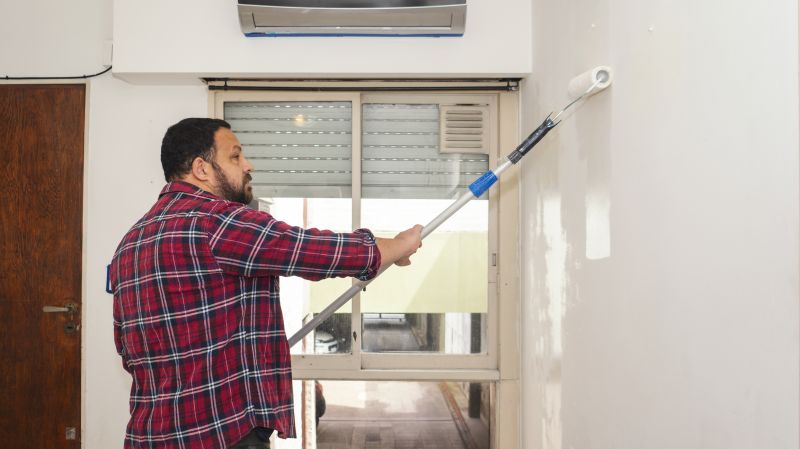
Bright, natural light and moderate temperatures support optimal paint application.
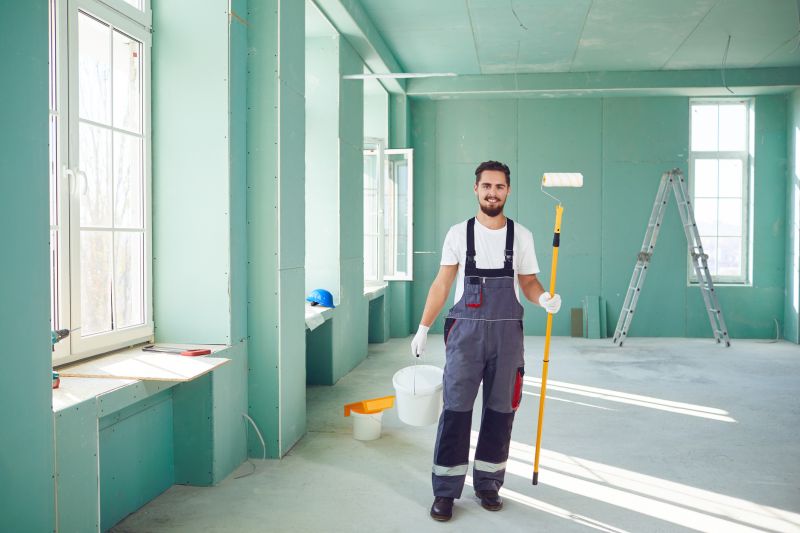
Ensure proper ventilation to manage humidity and temperature during painting.
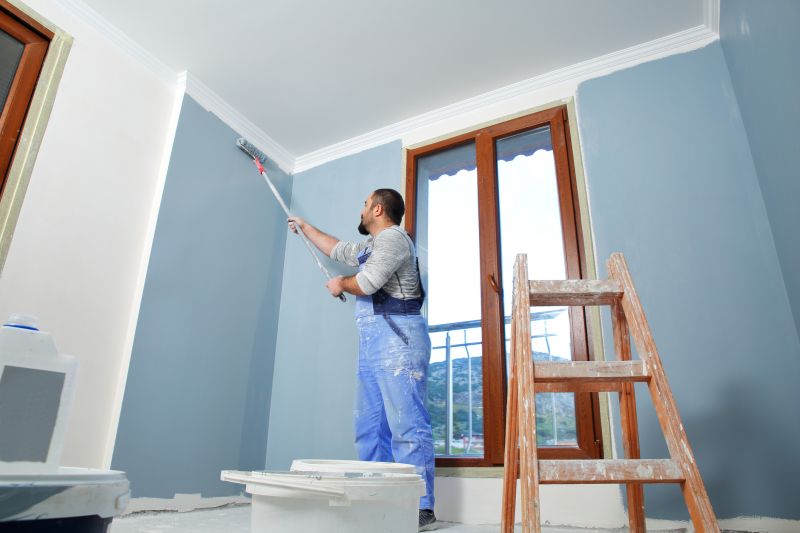
Cooler weather helps paint dry evenly, reducing the risk of streaks or blotches.
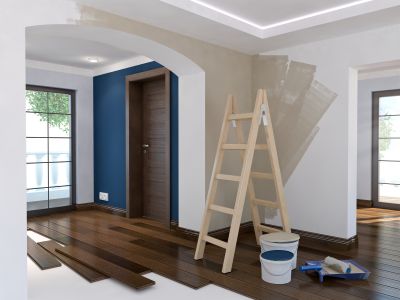
Ways to make Interior Paintings work in tight or awkward layouts.
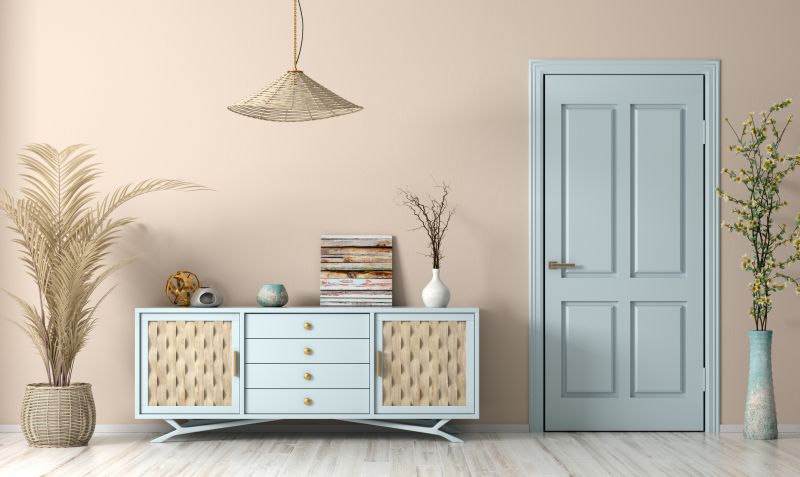
Popular materials for Interior Paintings and why they hold up over time.
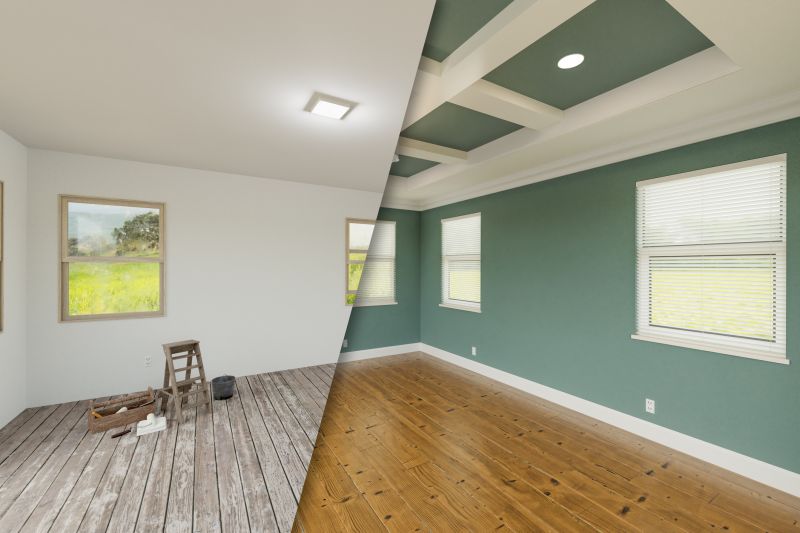
Simple add-ons that improve Interior Paintings without blowing the budget.
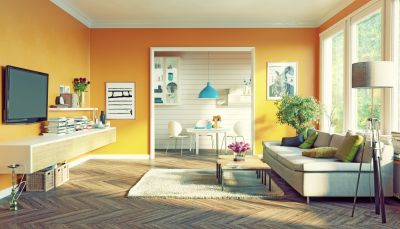
High-end options that actually feel worth it for Interior Paintings.
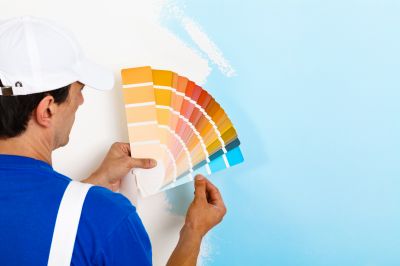
Finishes and colors that play nicely with Interior Paintings.
| Season | Ideal Conditions |
|---|---|
| Spring | Moderate temperatures, low humidity |
| Summer | Warm temperatures, high humidity management |
| Fall | Cooler temperatures, low humidity |
| Winter | Cold temperatures, controlled indoor environment |
Interior paintings are a popular choice for enhancing the aesthetic appeal and ambiance of indoor spaces. Proper timing ensures the best results, with considerations for temperature, humidity, and ventilation. Choosing the right season can minimize issues such as uneven drying, peeling, or bubbling, and extend the lifespan of the paint job.
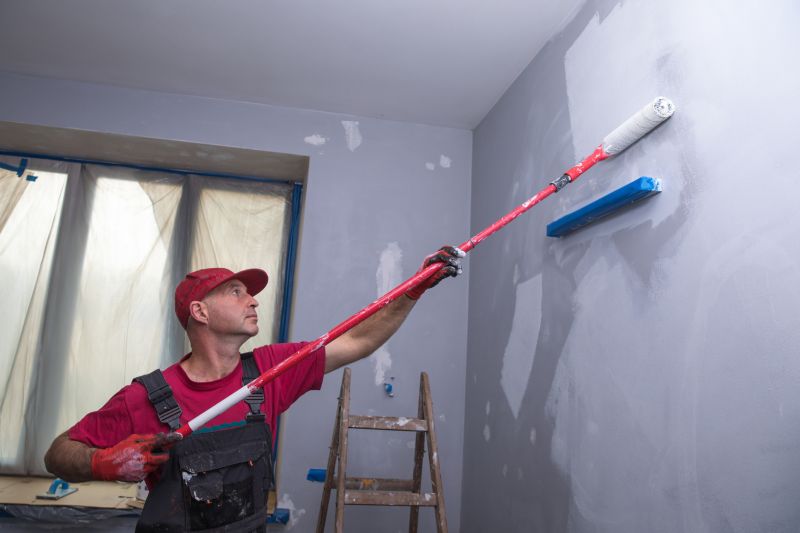
Maintaining consistent indoor conditions supports high-quality finishes.
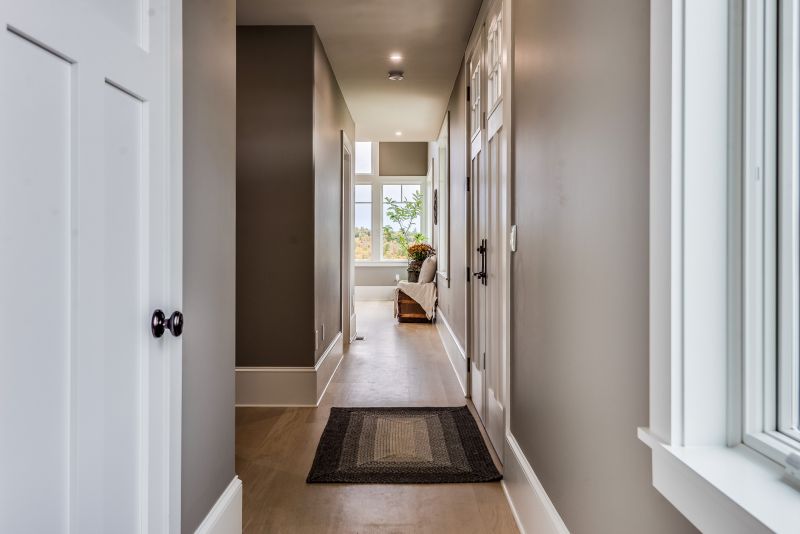
Natural light enhances visibility and accuracy during application.
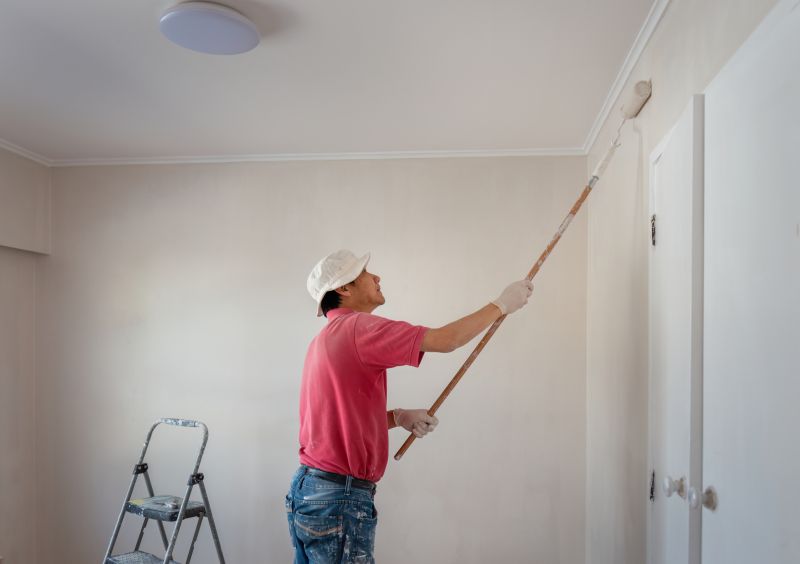
Proper preparation before painting can improve adhesion and finish quality.
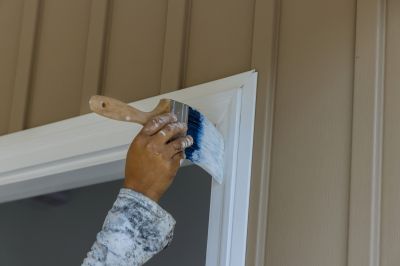
A well-timed project results in a smooth, durable surface.
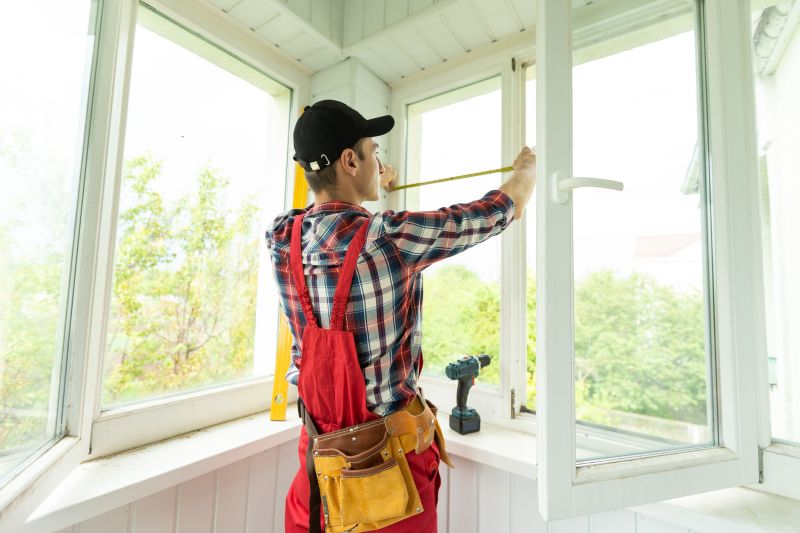
Little measurements that prevent headaches on Interior Paintings day.
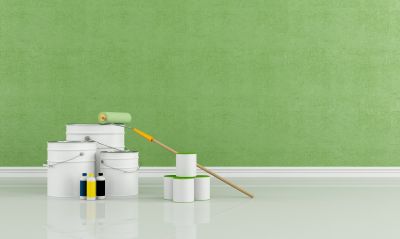
A 60-second routine that keeps Interior Paintings looking new.
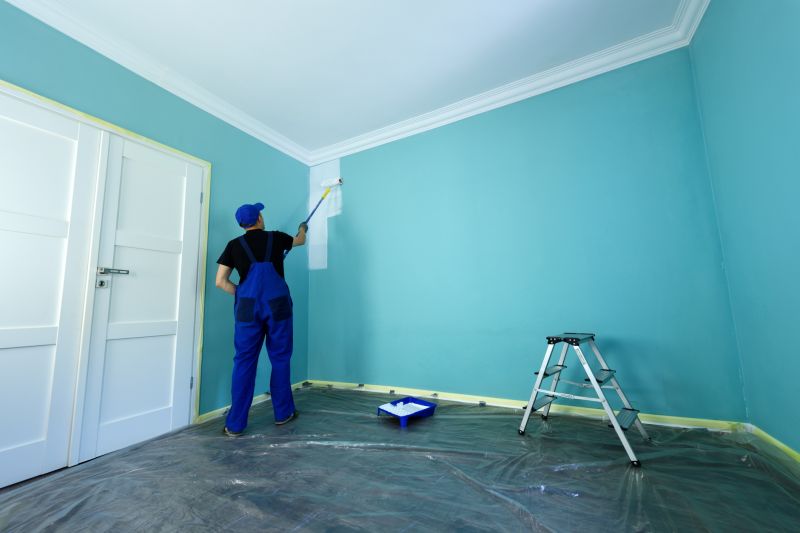
A frequent mistake in Interior Paintings and how to dodge it.
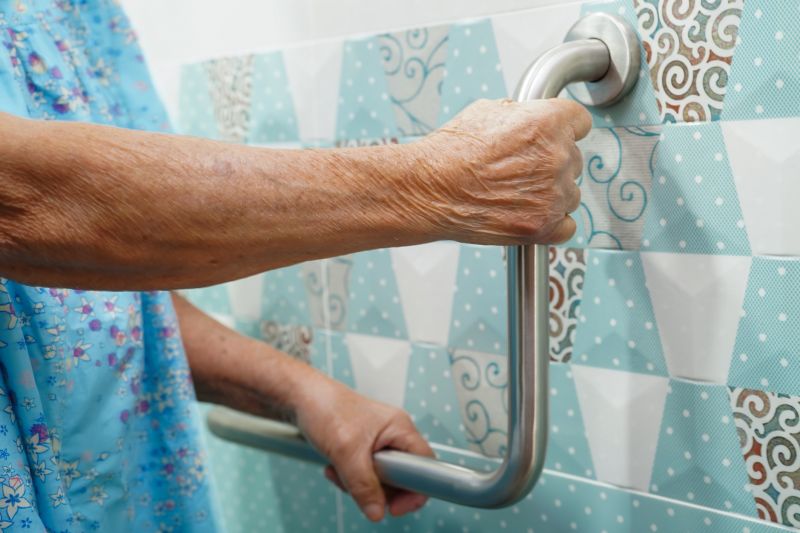
Small tweaks to make Interior Paintings safer and easier to use.
Those considering interior painting should evaluate seasonal conditions and indoor climate control options. Planning ahead and selecting the appropriate time can lead to a more efficient process and a lasting, high-quality finish.
Interested in scheduling an interior painting project? Filling out the contact form can provide more information and help plan the optimal timing for the space.
